Productivity Commission says new NT leader’s ‘bad policy’ will lead to more youth crime
The Productivity Commission has accused the Finocchiaro government of making bad policy that will likely lead to more youth crime in the Northern Territory.
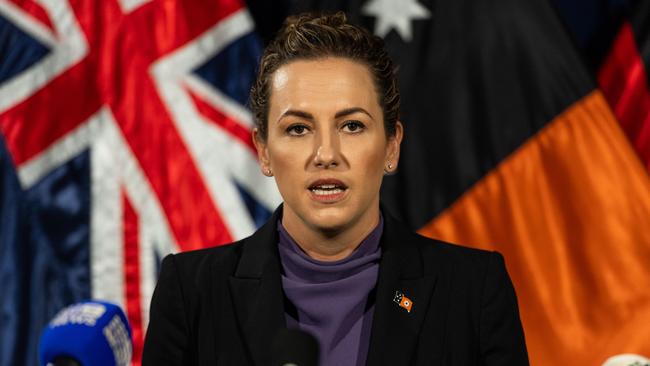
The Productivity Commission has accused the Finocchiaro government of making bad policy that will likely lead to more youth crime in the Northern Territory, and higher Indigenous incarceration rates for years to come.
The PC’s unprecedented intervention in the debate over youth crime in the NT comes as new leader Lia Finocchiaro prepares to re-establish the age of criminal responsibility at 10 years. In August 2023, Labor increased the age at which NT courts could prosecute children from 10 years to 12. This was a recommendation of the Royal Commission into Youth Detention in 2017.
“The evidence suggests that locking up more children actually increases youth crime,” commissioners Natalie Siegel-Brown and Selwyn Button write in The Australian on Monday.
The PC – the Australian government’s research and advisory body – has been scathing of states and especially the NT on Indigenous affairs, finding in successive reports that governments have largely not fulfilled their commitments under the national agreement on Closing the Gap signed in 2020.
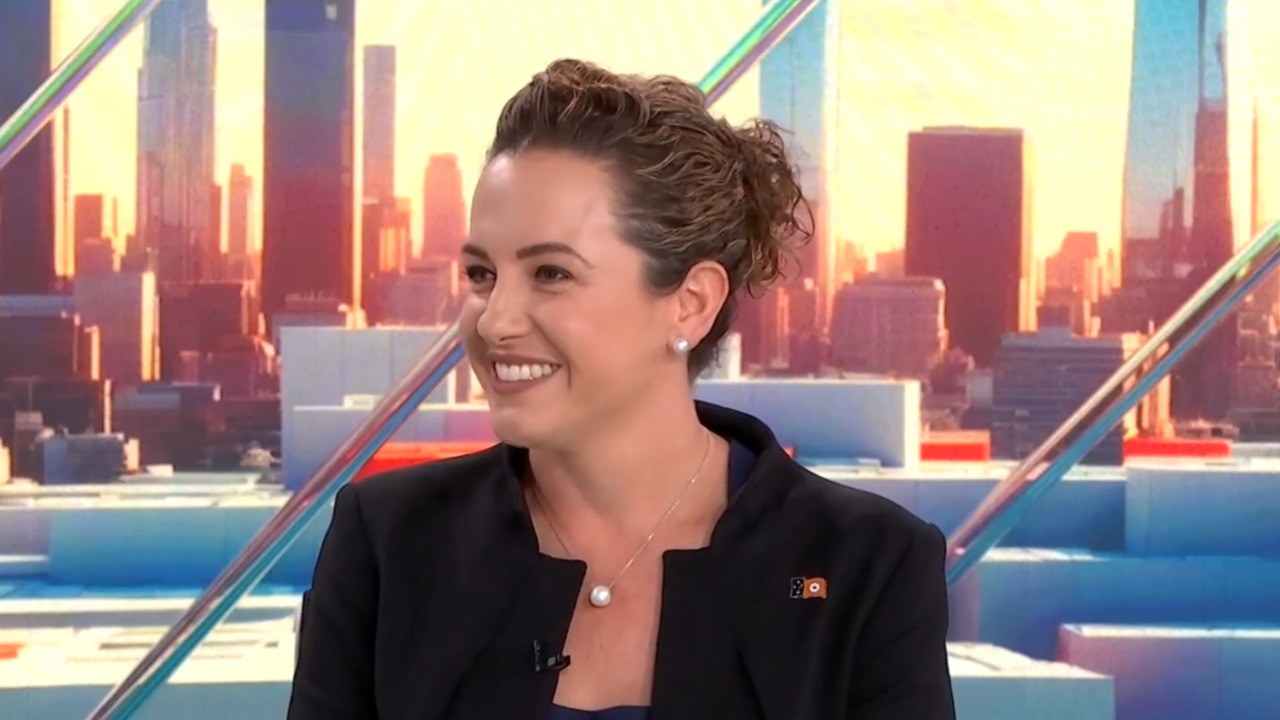
Josh Frydenberg in 2022 tasked the PC with reviewing progress under the agreement and asked it to highlight areas of improvement and emphasise where additional effort is required to close the gap.
As a result, the PC has been specific and critical about the approach of states and territories to Indigenous disadvantage in the reports it is required to compile, including on the reasons why Australia is failing to meet most targets in the Closing the Gap agreement. However, the PC has not previously provided commentary in real time as governments roll out policies it believes will have implications for those targets.
“Over and above the failures of incarceration to keep crime down, extensive global research now clearly shows that the younger a child is at their first contact with the criminal justice system, the greater their chances of future offending,” Ms Siegel-Brown and Mr Button write in The Australian.
“A study of incarcerated youth found that children arrested under the age of 14 are three times more likely to reoffend as adults, as children arrested when they are over 14 years of age.
“Governments across this country signed up to the National Agreement on Closing the Gap, prioritising a commitment to partnership with Aboriginal and Torres Strait Islander people.
“But partnership relies on a bedrock of trust, and trust is eroded or breached when governments knowingly contravene their own efforts at progress.”
On Sunday, Ms Finocchiaro told The Australian that allowing courts to deal with children as young as 10 was about early intervention and diversion.
“Territorians voted emphatically for the CLP’s plan to reduce crime, which transparently included lowering the age of criminal responsibility so that we can intervene early and address the root causes of crime,” Ms Finocchiaro said.
“We will deliver this reform in the first sitting of parliament as we committed, and as Territorians voted us to do.
“This is about intervening early to help to turn children’s lives around so they do not fall into a life of crime.”
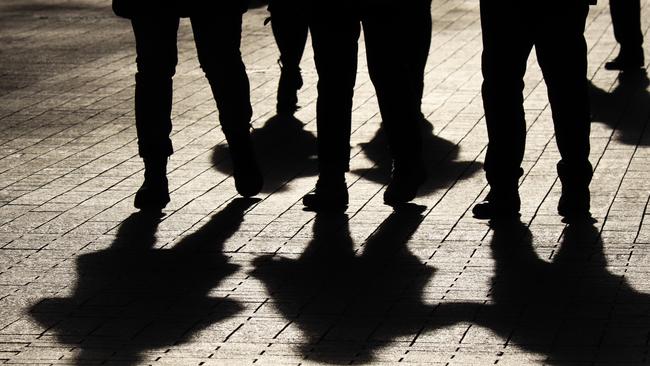
In every Australian state, children aged 10 and older can be prosecuted and sentenced to juvenile detention. In the ACT, the age of criminal responsibility was raised from 10 to 12 in November 2023, and it is due to increase again to 14 years in 2025.
In July, the PC’s fourth annual data report on Closing the Gap found Australia was on track to meet only four out of 17 targets by the end of the national agreement in 2031. The agreement includes two targets on Indigenous incarceration – one for adults and the other for under 18s – and neither is on track.
In 2020, Scott Morrison and the states pledged to reduce Indigenous youth incarceration rates by at least 30 per cent by 2031 as part of the Closing the Gap agreement.
Latest data shows the national incarceration rate among Indigenous youth has been climbing since the 2020–21 financial year. In the NT, 0.43 per cent of all Indigenous children are in detention on any given night. The figure for non-Indigenous children in the NT is 0.01 per cent.
The average number of Indigenous children in detention in the NT is recorded weekly by the NT government. The published tables show that in the last week of July 2023, before the age of criminal responsibility was raised to 12 years, there were an average of 52 children in juvenile detention each night. An average of 50 of those children were Indigenous and an average of two were non-Indigenous. The figures fluctuated for the rest of the 2023–24 financial year but did not rise above 50. In the final week of June, 2024, there were an average of 44 children in juvenile detention in the NT. Of those, an average of 43 were Indigenous and an average of one was non-Indigenous.


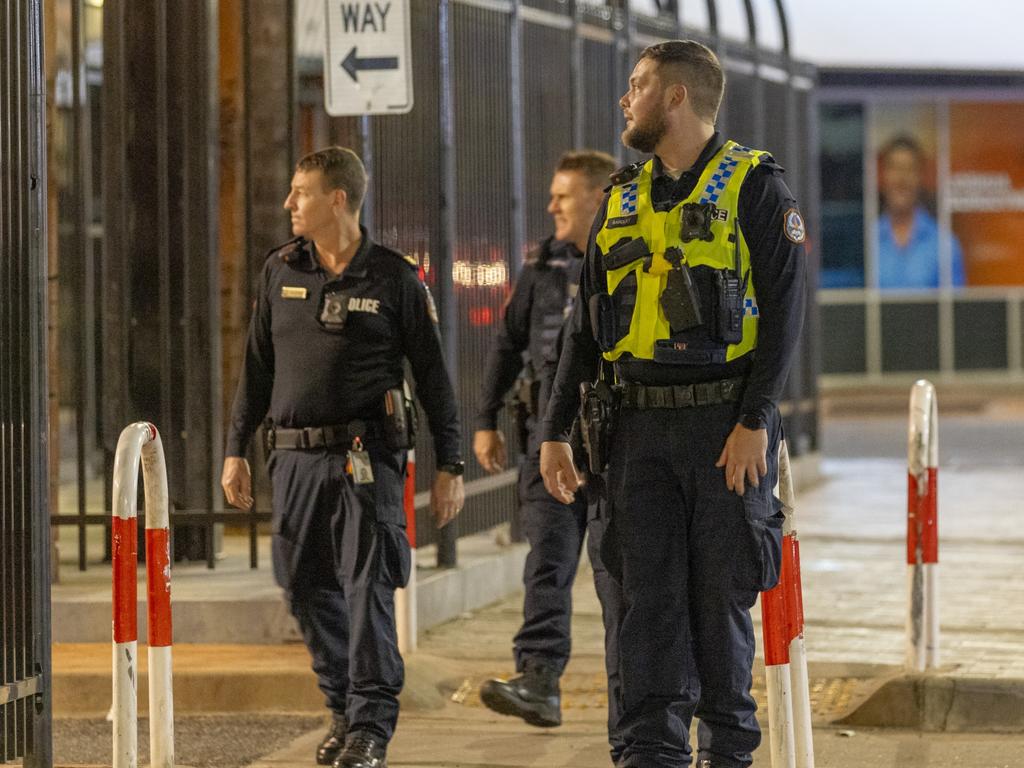
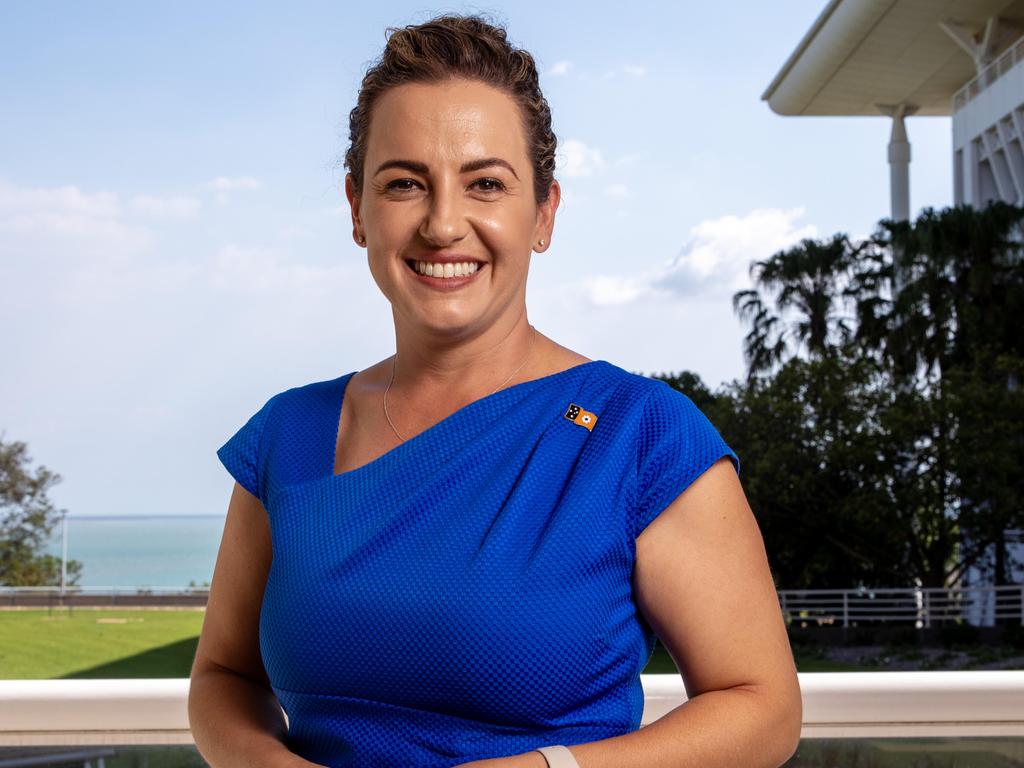
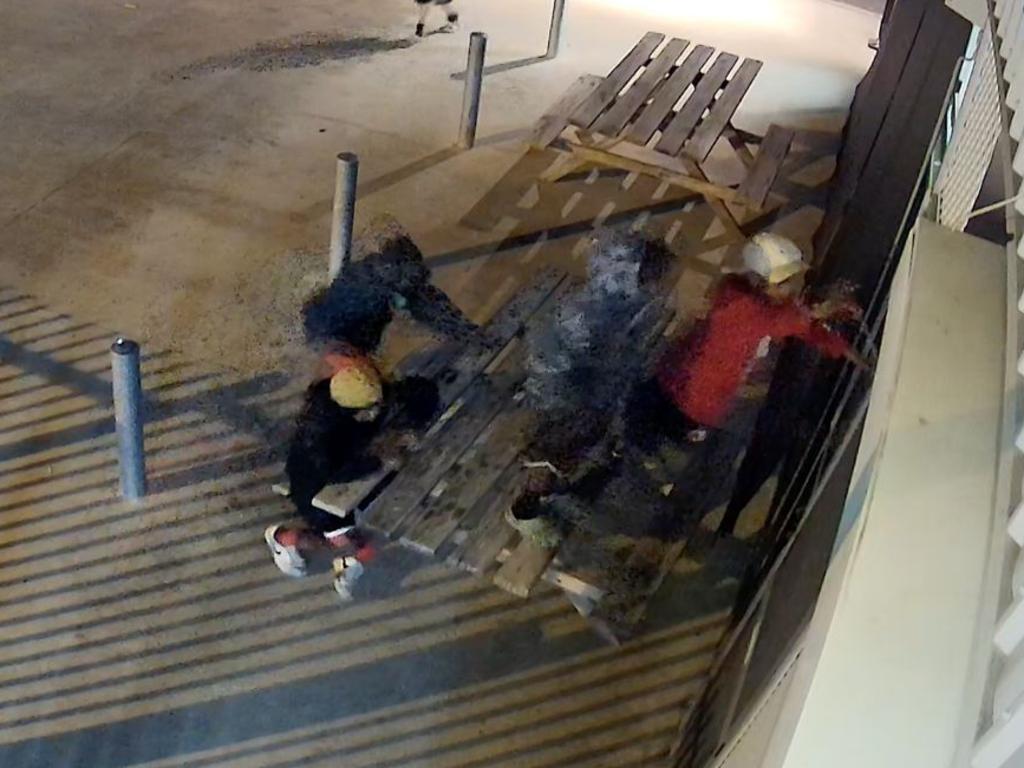


To join the conversation, please log in. Don't have an account? Register
Join the conversation, you are commenting as Logout